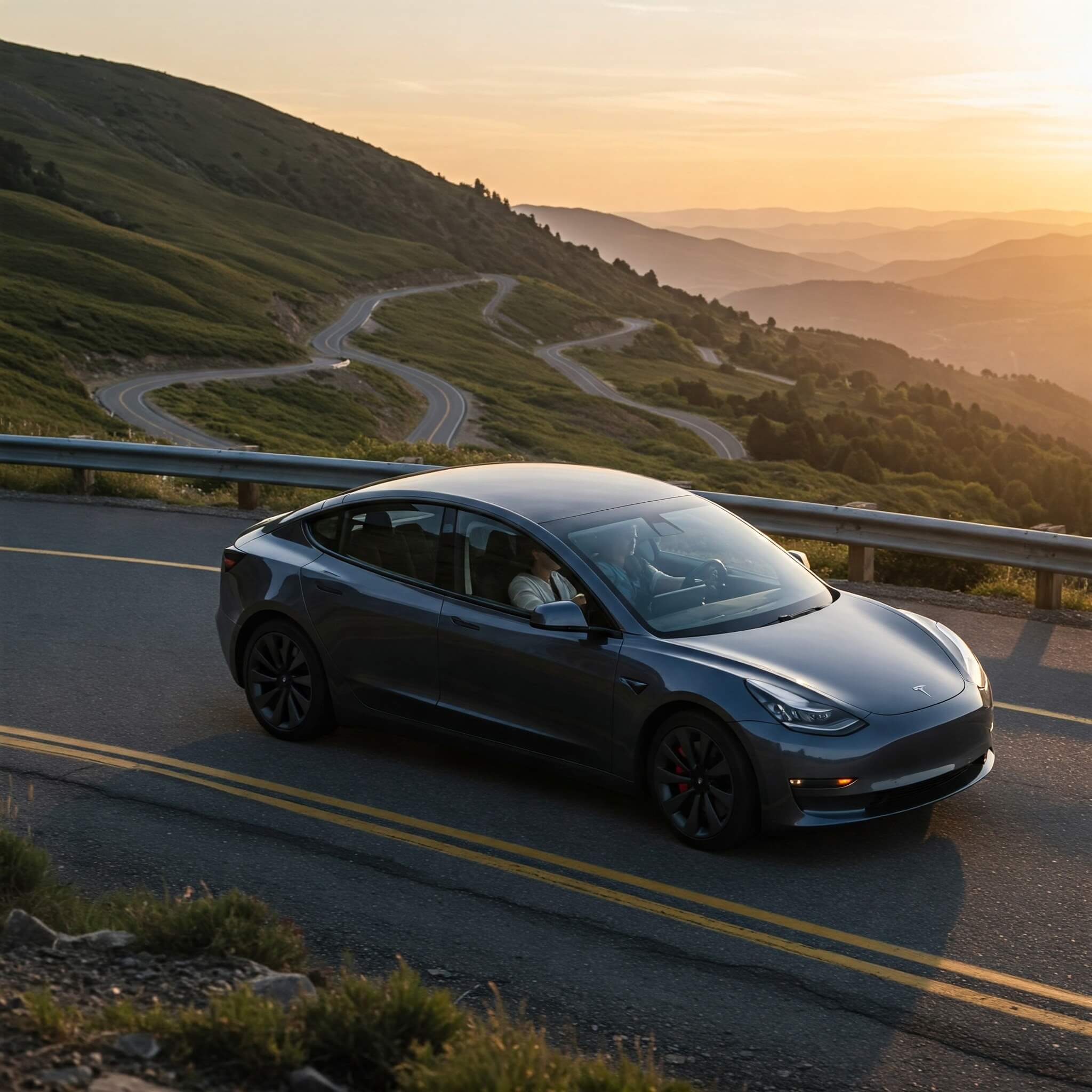Tesla's highly anticipated rollout of its Full Self-Driving (FSD) software in China has been temporarily put on hold, pending regulatory approval. This pause comes after the company announced a limited-time free trial of the FSD feature, initially scheduled to run from March 17 to April 16, 2025. The decision highlights the complexities of introducing advanced autonomous technologies in a market with stringent data regulations and a cautious approach to self-driving capabilities.
Tesla's customer support team addressed concerns on the Chinese social media platform Weibo, assuring users that the company is actively working to advance the relevant processes and will release the FSD feature as soon as it secures the necessary approvals. While the exact reasons for the delay remain somewhat opaque, several factors likely contribute to this regulatory roadblock.
One significant hurdle is China's strict control over data, particularly the training data crucial for refining the AI that powers Tesla's FSD system. Unlike the United States, where such data is more readily available, China's regulations impose limitations on data collection, storage, and cross-border transfer. This makes it more challenging for Tesla to adapt its FSD software to the unique driving conditions and traffic patterns prevalent in China.
Adding to the complexity, China's Ministry of Industry and Information Technology (MIIT) has implemented new rules requiring regulatory approval for over-the-air (OTA) software updates related to autonomous driving. This means that Tesla, which frequently pushes OTA updates to its vehicles in other markets, must now undergo a rigorous approval process before deploying any such updates in China. Failure to comply could result in halting the manufacture and sale of vehicles with unapproved updates.
Industry analysts also speculate that the pause may be related to the performance of the FSD software during the initial testing phase. Reports surfaced last month of Tesla drivers in China incurring fines for traffic violations, including driving in bike lanes, making illegal turns, and running red lights. Such incidents would undoubtedly raise concerns among regulators regarding the safety and reliability of the FSD system.
Despite these challenges, Tesla remains committed to introducing FSD in China. The company is reportedly collaborating with Baidu, a Chinese tech giant, to enhance the system's navigation capabilities and adapt it to the local environment. This partnership could prove crucial in navigating the complexities of the Chinese market and securing the necessary regulatory approvals.
The delay in FSD rollout has broader implications for Tesla's ambitious plans in the autonomous vehicle space. Elon Musk has long touted the potential of self-driving technology and has even suggested that Tesla will release a "Cybercab" autonomous taxi, contingent on the successful deployment of FSD. China, as the world's largest automotive market, represents a critical opportunity for Tesla to realize its autonomous driving ambitions.
China has been actively developing intelligent infrastructure and regulatory frameworks to support the growth of autonomous driving technology. Beijing, for example, has approved new regulations on autonomous vehicles, set to take effect on April 1, 2025, explicitly encouraging technological innovation and industrial development in the sector. These regulations cover aspects such as infrastructure planning, traffic management, and safety assurance for vehicles equipped with Level 3 and higher autonomous systems. Several Chinese cities have also been conducting trials of robotaxis and robobuses, signaling a growing acceptance of autonomous vehicles.
The situation highlights the challenges that foreign companies face when introducing advanced technologies in China's regulatory environment. Stringent data laws, evolving regulations, and a focus on safety require companies to adopt a collaborative approach, working closely with local partners and regulators to ensure compliance and address any concerns. The pause in Tesla's FSD trial serves as a reminder of the complexities involved and the need for patience and persistence in navigating the Chinese market.

















